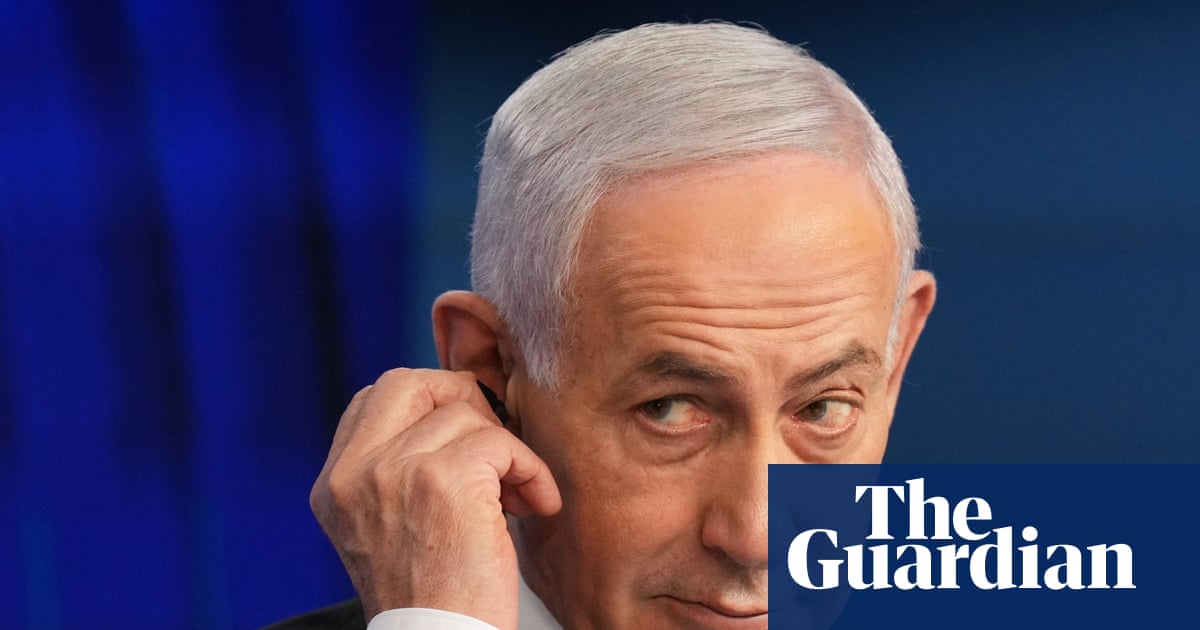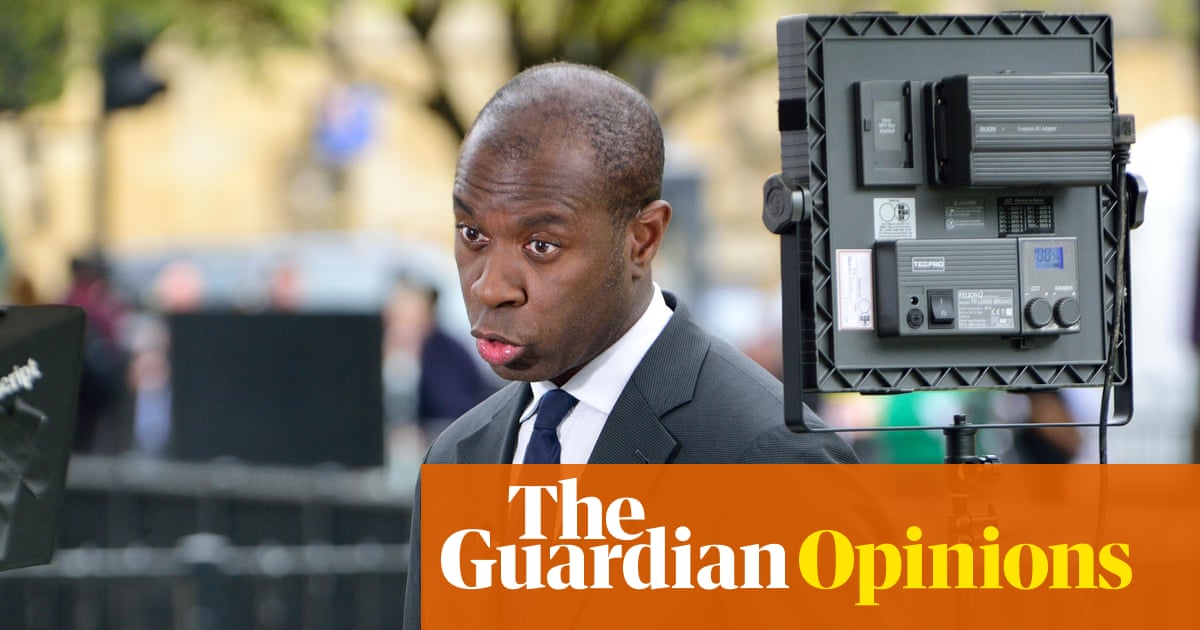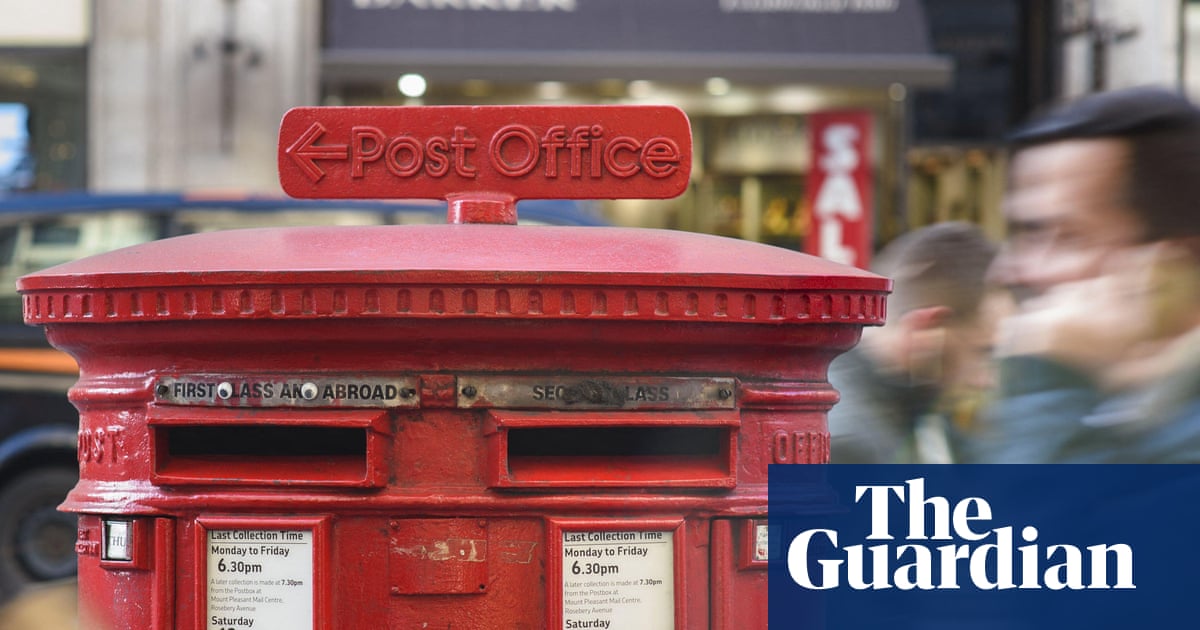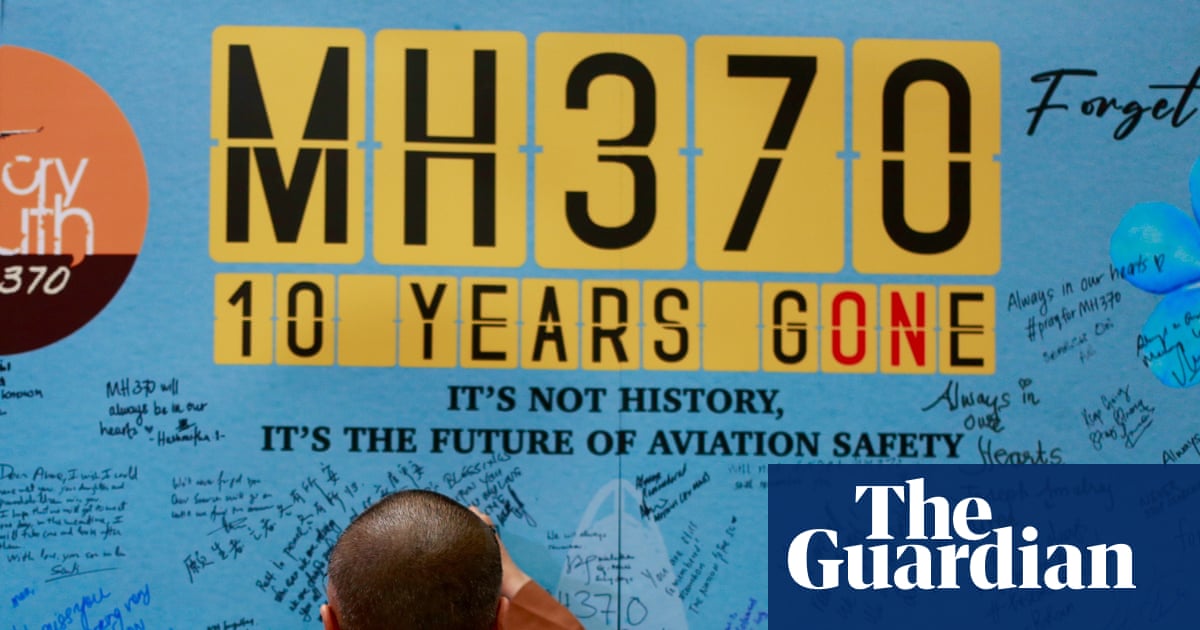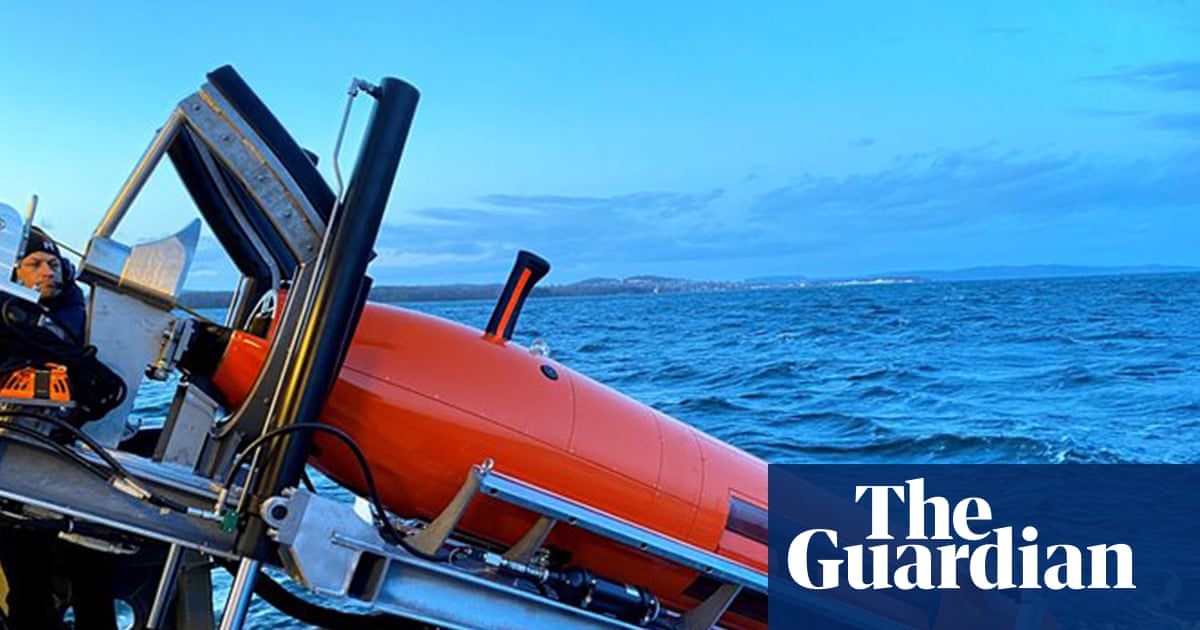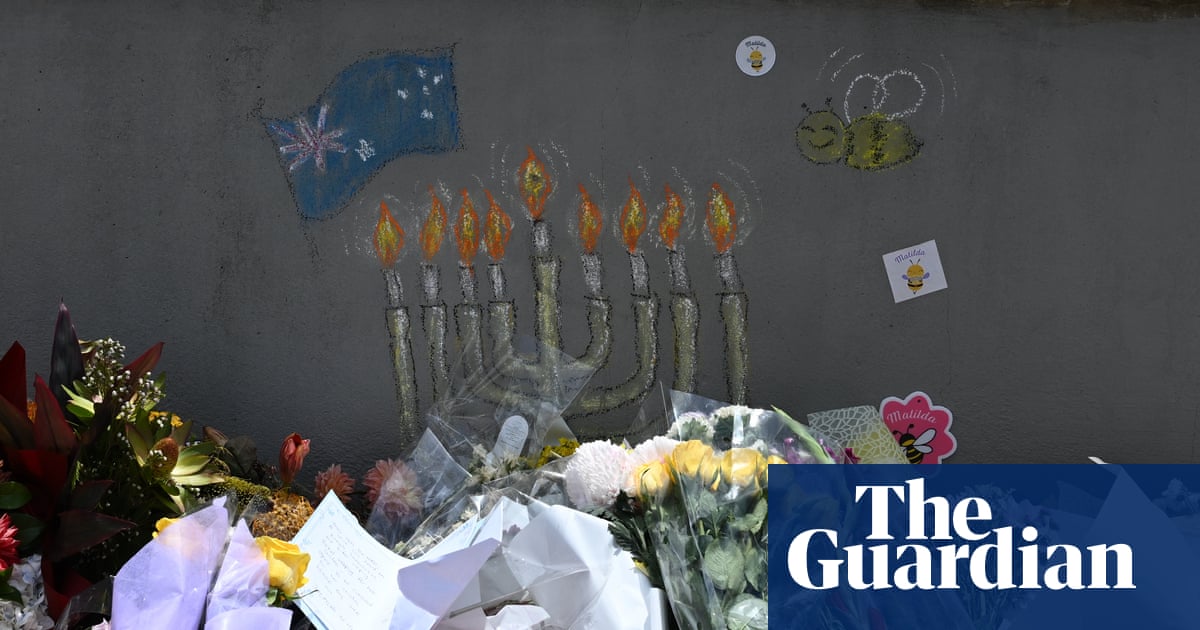In 1980 when Leonid Brezhnev ruled the Soviet Union and Donald Trump was a property developer, the nine leaders of the then European Community made their first major foray into joint diplomacy. The cause: the Middle East, including a Palestinian state.
“The time has come to promote the recognition and implementation of two principles universally accepted by the international community: the right to existence and to security of all states in the region, including Israel … [and] recognition of the legitimate rights of the Palestinian people,” stated the Venice declaration calling for Palestinian self-determination.
More than 45 years and many hand-wringing declarations later, the EU has been castigated for its inability to play a role in bringing peace to the Middle East or even to respond to one of the world’s most glaring humanitarian crises.
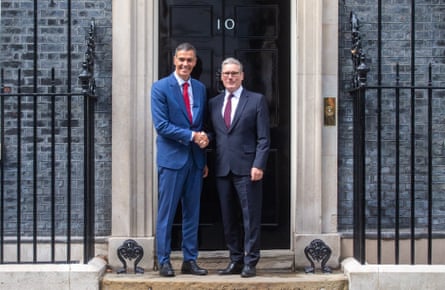
Europe’s response to Gaza has been a failure, Spain’s prime minister, Pedro Sánchez, said this week. Striking a similar note, Slovenia’s president, Nataša Pirc Musar, described Israel’s policy as “genocidal” and questioned how some politicians, including in EU countries, could tolerate displacement, destruction of homes and acute shortages of essentials for Palestinians in Gaza.
And in an exceptional rebuke, 209 former EU ambassadors and diplomatic staff wrote to EU leaders last month to voice “profound disappointment” that no substantive measures had been taken by the bloc to put pressure on Israel to end its brutal war on Gaza.
As European leaders face pressure to act, this month’s UN general assembly (UNGA) may be another moment that showcases Europe’s divisions over Israel, including the question of Palestinian recognition.
France, the UK, Canada and Australia have signalled their intention to recognise Palestine at the UNGA, which would be a powerful symbolic move by three G7 countries and two UN permanent security council members.
About a third of EU countries already recognise Palestine. The first group of these includes several central and eastern European countries that did so in 1988 under the orbit of the Soviet Union, including Poland, Slovakia, Bulgaria and Romania. The group includes Hungary, which today is led by Viktor Orbán, one of the staunchest defenders in Europe of the Israeli prime minister, Benjamin Netanyahu.
While Czechoslovakia was part of this group, the Czech Republic describes the 1988 statement as “a political act due to the politics and organisation of international relations at the time”. Prague says it supports a two-state solution, but does not recognise Palestine nor intend to “unilaterally recognise a Palestinian state”.
A second group consists of western EU member states that recognised Palestine in response to Israeli policy and actions in recent years. Sweden recognised a Palestinian state in 2014, soon after a Social Democrat government was elected with the support of pro-Palestinian Greens and a leftwing party. Ireland, Spain and (non-EU) Norway took the decision in May 2024 in response to Israel’s onslaught in Gaza, seeking to keep alive a two-state solution.
Soon they will be joined by France, Belgium, Luxembourg and Malta. Emmanuel Macron announced in July that France would recognise Palestine “true to its historic commitment to a just and lasting peace in the Middle East”. This week Belgium became the latest EU country to declare it would recognise Palestine, after complex negotiations nearly tipped its five-party government into crisis. As part of the compromise, Belgium’s royal decree on recognition will not be issued until the last Israeli hostage held by Hamas is released.
As the Belgian debate revealed, Israel’s war on Gaza has roiled European politics, dividing parties and shaking fragile governments. The Dutch government has ruled out recognition for now but lost its foreign minister, Caspar Veldkamp, a former ambassador to Israel, who quit the caretaker government in August over his coalition partners’ veto on tougher sanctions against Israel. Finland has also declined to recognise Palestine, amid splits on the issue between the country’s president and prime minister, although both are members of the same centre-right party.

Martin Konečný, the director of the European Middle East Project, a Brussels-based NGO, argues that Palestinian recognition is a significant step but risks becoming an empty gesture without pressure on Israel to change course over the destruction of Gaza and the construction of illegal settlements in the West Bank.
“If you are recognising Palestine and want the Palestinian state to exist then you need to couple it with pressure on the Israeli government which is currently doing everything to destroy Palestine on the ground,” he said. “[The Israeli government] is destroying, physically, Gaza and it is expanding settlements in such a way in the West Bank that is making the two-state solution … impossible, so Palestine is being wiped off the map and that’s not an exaggeration.”
Nearly two years after Israel launched its retaliation for the 7 October attacks, when Hamas killed about 1,200 people and took 251 hostages, the EU has not taken any measures against the Netanyahu government. In nearly 23 months, Israel has killed more than 63,700 people and inflicted a human-made famine on Gaza. The EU foreign policy service concluded in June that Israel was breaching human rights obligations and later outlined possible sanctions. The European Commission has proposed arguably the mildest possible measure – a partial suspension of Israel from the EU’s research programme. Yet this has failed to find the necessary majority, with Germany and Italy declining to support the move.
Sven Kühn von Burgsdorff, who until 2023 was the EU’s representative to the Palestinian territory, having also served as its envoy in Jerusalem, has concluded that for now there will be no EU collective response on Gaza. He helped organise the recent diplomats’ letter to EU leaders, the third in a series, urging action against the Israeli government.
The latest letter, sent in August, called on European countries to take individual action against Israel, such as banning weapons sales, ceasing cooperation with Israeli universities, ending trade in goods and services from illegal settlements and sanctioning human rights violators where possible. The letter continued to urge common EU sanctions, although Kühn von Burgsdorff thinks the EU is stuck for now.
He told the Guardian that individual member states should work outside EU formats, joining forces with countries in the global south. “I am seeing a configuration whereby the EU becomes less relevant on the Gaza file and coalitions of the willing across the regions will have more impact,” he said.
Contact us about this story
Show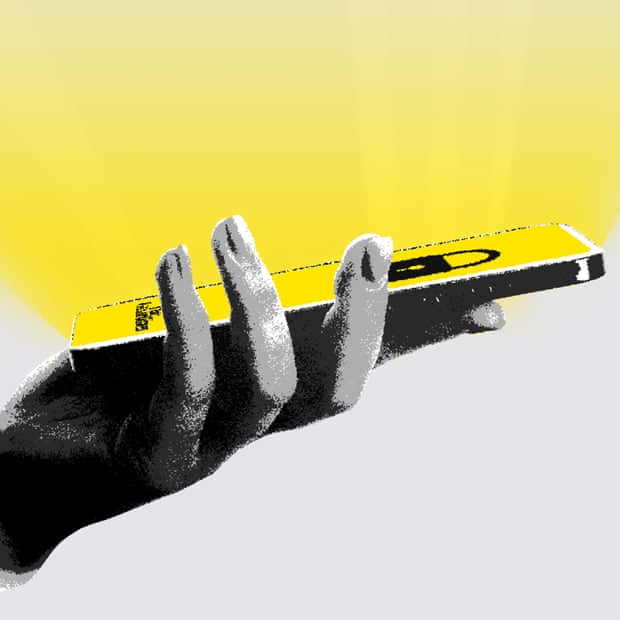
The best public interest journalism relies on first-hand accounts from people in the know.
If you have something to share on this subject you can contact us confidentially using the following methods.
Secure Messaging in the Guardian app
The Guardian app has a tool to send tips about stories. Messages are end to end encrypted and concealed within the routine activity that every Guardian mobile app performs. This prevents an observer from knowing that you are communicating with us at all, let alone what is being said.
If you don't already have the Guardian app, download it (iOS/Android) and go to the menu. Select ‘Secure Messaging’.
SecureDrop, instant messengers, email, telephone and post
If you can safely use the tor network without being observed or monitored you can send messages and documents to the Guardian via our SecureDrop platform.
Finally, our guide at theguardian.com/tips lists several ways to contact us securely, and discusses the pros and cons of each.
Illustration: Guardian Design / Rich Cousins

 3 months ago
53
3 months ago
53


